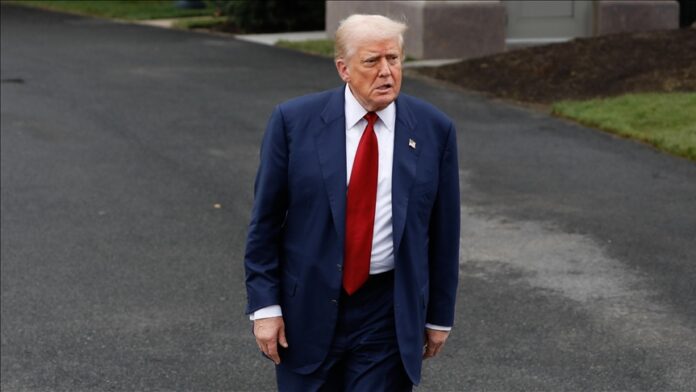US President Donald Trump has called for the resignation of Intel’s chief executive, accusing the company’s leadership of having what he described as “highly conflicted” ties to China.
The remarks come amid escalating political scrutiny over American corporate relationships with Chinese entities, especially in the technology sector.
In a statement posted on his social media platform, Trump claimed that the Intel CEO’s business connections and strategic partnerships in China undermine US national interests and weaken the country’s competitive edge in the semiconductor industry.
He argued that such relationships risk exposing sensitive technology to geopolitical rivals at a time when the US is working to strengthen its domestic chip manufacturing capacity.
Trump’s comments follow months of heightened tensions between Washington and Beijing over trade, technology access, and supply chain security. The semiconductor industry, in particular, has become a focal point in the rivalry, with the US imposing export restrictions and investing heavily in domestic production to reduce reliance on overseas suppliers.
Intel has been actively pursuing expansion plans in the US, but it also maintains manufacturing and research operations in China, which critics argue creates conflicting priorities.
While Intel has not issued an immediate public response to Trump’s demand, company representatives have previously defended their global operations, stating that partnerships in different regions are necessary to meet international market demand and maintain competitiveness.
Industry analysts note that severing ties with China could significantly disrupt supply chains, raise production costs, and impact global market share for American chipmakers.
Trump’s intervention underscores the increasingly politicized environment in which multinational technology firms operate. As the US presidential race heats up, corporate dealings with China are likely to remain a contentious campaign issue, with pressure mounting on executives to demonstrate loyalty to domestic economic and security goals.
The situation adds further uncertainty for Intel and other industry players navigating complex global markets under intensifying geopolitical rivalry.
Written By Ian Maleve



















